Stop House Repossession.
We’re here to help.
- FREE cash offer within minutes
- Receive funds in 7 days
- A guaranteed sale on any property
Stop the repossession of your home
Owning and maintaining property is often a big financial challenge.
There are upfront and ongoing costs to paying a mortgage, bills, repairs, and renovations.
It’s little surprise that some people struggle to keep up.
More than 80,000 people are in arrears of over 2.5% of their outstanding balance.
And the Financial Conduct Authority (FCA) estimates £15 billion in late mortgage repayments is owed in the UK.
Free cash offer within minutes, any condition, any location.
What is house repossession?
House repossession is when lenders recover debt by taking possession of properties they have loans secured against.
This often happens when a homeowner stops making payments on their mortgage.
However, it can happen when other types of loan are secured against a property, too.
Once a lender has taken possession of the property, they can sell it to pay off the debt.
Why do houses get repossessed?
House repossessions happen when someone does not keep up with loan payments secured against a property.
These are usually mortgages.
It is a last resort. It costs lenders a lot of time, money, and effort – they’d rather be back.
So, mortgage arrears do not immediately lead to repossession.
You’ll have multiple opportunities before that point to rectify the problem. It is only when you fail to agree with the lender that repossession becomes a possibility.





How many payments can be missed before repossession?
UK lenders typically initiate repossession after three consecutive missed mortgage payments.
So, don’t fret if you’ve only missed one payment.
If you can get back on track, highly unlikely that you’ll lose your property.
After three months of missed payments, repossession proceedings will begin.
But even then, the goal isn’t to get you out of your property immediately.
Lenders want to create a repayment agreement. They will likely provide you with advice, too.
However, they are not obligated to accept a repayment agreement that you suggest.
In short, it’s in their interest for you to pay them back as best you can. Repossessing your house is a last resort.
Free cash offer within minutes, any condition, any location.
How to avoid a house repossession
-
Talk to the lender
-
Come up with a repayment plan
-
Seek financial assistance elsewhere
-
Sell your home fast
The quickest way to get your home repossessed is to ignore the lender.
After all, the lender wants to work with you. So, if they reach out, talk to them to see if a solution is possible.
If you ever feel that you are likely to default on your loan payments, then talk to the lender even before they reach out to you.
It is much easier to rectify any problems sooner.
And some solutions could even lower payments for the next few months. (As opposed to you missing even more payments, getting yourself further into arrears.)
Talk to the lender
The quickest way to get your home repossessed is to ignore the lender.
After all, the lender wants to work with you. So, if they reach out, talk to them to see if a solution is possible.
If you ever feel that you are likely to default on your loan payments, then talk to the lender even before they reach out to you.
It is much easier to rectify any problems sooner.
And some solutions could even lower payments for the next few months. (As opposed to you missing even more payments, getting yourself further into arrears.)
Come up with a repayment plan
Eventually, the lender will reach out and tell you how much you owe. You can then suggest a repayment plan, which the lender can accept or reject.
Lenders often have various options for helping you get back on track, including:
- Setting up a repayment plan for the missed payments
- Freezing interest on the loan. This should lower the repayments for a brief period
- Reducing the payments owed each month but extending the duration of the loan. (Note: this means more interest overall.)
- A grace period(depending on the circumstances)
- Changing your mortgage type or moving to a different plan. Options will depend on what the lender offers.
If you are reasonable about what you offer, you’ll likely come to an agreement with the lender.
Seek financial assistance elsewhere
If your income has changed, you should consider seeking financial assistance elsewhere.
For example, claiming benefits, e.g., universal credit, or perhaps taking a part-time job until you financially recover.
Sell your home fast
The repossession process will stop if you can prove you are selling your home.
So, if you are really struggling to afford the repayments, it may be wise to sell your home quickly.
This way, you can cover the money you owe on the mortgage quickly. And you won’t end up with a home repossession on your credit report.
Cash house buyers like We Buy Any Home are often the best way to sell your home quickly. Get a free cash offer today if you need assistance.
It is also worth noting that if you sell your home before repossession, you will usually end up getting a better price for it than your lender would.
This reduces the chances of you needing to pay cash to the lender.
The number of people with
mortgage arrears of more than
2.5% of their outstanding balance…
2.5% – 5%
34,900
5% – 7.5%
15,300
7.5% – 10%
8,600
10%+
24,500
Are you currently trying to avoid having your home repossessed?
How the repossession process works – step by step
In the UK, the Financial Conduct Authority (FCA) have specific guidelines in place that detail the step-by-step repossession process a mortgage lender must follow before they repossess your home.
-
Provide you with information on your arrears
-
Allow you to submit an offer to rectify the issue
-
Respond within 10 days
-
Inform you that you’ll have the case taken to court
-
Repossess your property
The first step is for the mortgage lender to let you know of your arrears. They must inform you of the following:
- The size of your arrears
- Details of any payments you have made over the last 2 years
- Interest and fees that will be added to your mortgage
- What your current payments per month should be
- The total left of your debt
You should also get a bit of information on how to seek advice.
Provide you with information on your arrears
The first step is for the mortgage lender to let you know of your arrears. They must inform you of the following:
- The size of your arrears
- Details of any payments you have made over the last 2 years
- Interest and fees that will be added to your mortgage
- What your current payments per month should be
- The total left of your debt
You should also get a bit of information on how to seek advice.
Allow you to submit an offer to rectify the issue
You are then free to submit an offer to the lender. It can be as small as you like but, as we said, try to be realistic. Don’t offer them paltry sums as this will be a waste of your and their time.
You are free to come up with your own offer, and advice helplines will put you on the right path here.
Respond within 10 days
The lender has a legal obligation to consider any offer you make to them. They can accept or reject it. They must inform you of their decision within 10 days either way.
If accepted – stop the process
If your offer is accepted, the process stops. You meet the obligations that you promised, and everything is fine.
If declined – allow you to rectify the problem
If the offer is rejected, you can make a more suitable offer. However, if you cannot, the lender should give you the opportunity to do a few things:
- Seek benefits of financial help.
- Start the process of selling your property for a reasonable price.
If you can demonstrate that you are doing either of those, then the lender will pause the repossession process.
If you are selling your home, for example to us here at We Buy Any Home, then the funds that you receive from the house sale should go to paying the mortgage.
Inform you that you’ll have the case taken to court
If you still haven’t come up with a solution, the lender must tell you that they’ll be taking you to court. They must inform you 2 weeks before this happens. You’ll eventually be given a court date, and you’ll have your chance to speak to the court and make a further proposal.
If the judge grants a repossession order, then the final stage of the process begins.
However, the judge may also rule in your favour and grant you time to pay off the arrears. Although, you may only have a limited period to do so.
At this stage, you’re still free to negotiate with the lender.
A repossession order doesn’t necessarily mean they want to seize your property.
Some lenders will take offers right up to the repossession date.
However, they no longer have an obligation to respond to your offers.
Repossess your property
If the judge rules that your property should be repossessed, you’ll receive a repossession date.
This will normally be 28 days away. You must leave your property by this date. If you are still in the property, you’ll be evicted.
The eviction may require a further court order.
Free cash offer within minutes, any condition, any location.
Popular Areas We Buy Any Home
We operate across the United Kingdom including England, Scotland, and Wales. We can buy your house fast, whether you’re in the northernmost parts of Scotland or enjoying life on the beaches on the south coast.





Sell your house quickly to avoid repossession
Nobody ever wants to deal with a house repossession. They are extremely stressful and very costly. If you are faced with a house repossession, it is important that you come to an agreement with your lender as soon as possible. If you cannot do that, then it may be wise to sell your home quickly. If you want to get a free cash offer on your home, reach out to us at We Buy Any Home. You could receive cash for your home in as little as 7 days.
How it works
We’re completely transparent throughout the process of buying your home. Here’s how it works:
-
Fill in the online form
Call us on 0800 774 0004
or fill in your details online through
our Valuation Form. -
Receive offer
Once we’ve received the details of
your property, we will make you an
offer within 24 hours. -
Sale agreed
The sale will be agreed! Sit back, relax,
and let us take care of all the work.
Frequently asked questions about selling to avoid house repossession
Call our team of experts:
0800 774 0004
How to stop repossession of your home?
If you’re facing repossession and looking for a way to avoid this, We Buy Any Home can step in and purchase your property for cash, which would stop the repossession from taking place. How this works, is that the cash we pay you will cover what you owe the bank – as long as our cash offer is greater than the amount you owe on the mortgage. From the moment you contact us we can act very quickly to purchase your property and stop repossession from happening; our quickest turnaround time from initial contact to completion is just 7 days. However, you should always contact us as early as possible, as delays can be caused by unforeseen factors.
Why use a cash house buyer rather than being repossessed?
Being repossessed can be extremely detrimental to your long-term financial health. The CCJ (County Court Judgement) against you will be entered onto your credit record at the Register of Judgements, Orders and Fines, where it will stay for six years. This will then make it incredibly difficult for you to get another mortgage, or even to get a credit card or bank account. When you’re facing repossession and you have no other means by which to settle the debt, selling up on your own terms will always be by far your best option. If the offer you receive from a cash house buyer such as We Buy Any Home would cover the amount you owe the bank, it is most certainly a better course of action than letting the repossession take place.
Can you stop a CCJ (County Court Judgement)?
Yes, we can. To stop a county court judgement (CCJ) you need to pay back the amount you owe within 30 days of receiving it. As We Buy Any Home are able to step in and purchase your property for cash, you can pay back your lender within that timeframe and stop the CCJ from being entered onto your credit record at the Register of Judgements, Orders and Fines.
If you stop home repossession, can I go on living in the property?
Yes. To help during this difficult time, we are happy to offer a grace period in which you can continue to live in the property rent free for a period of time, once the property has been purchased by us.
On a longer term basis, we typically will look to sell on any property we purchase. However, in some cases we will rent the property out – depending on what the rental market is like in the area. If you would like to remain in the property We Buy Any Home purchase from you as a tenant, make sure to discuss this with your dedicated agent during your initial phone call. They will then assess whether this is possible and if so will work to make it happen for you.
Should you sell your house to stop repossession?
If you see no other path to paying off your debt, it may be wise to sell your home to stop a repossession.
Should you sell your home to an estate agent, online cash buyer, or at an auction?
The choice is yours. You’ll likely get more if you go through an estate agent, but an online cash buyer at We Buy Any Home will let you sell your property faster and can guarantee a sale. If you sell via an estate agent, you may not get a buyer, and if you do it may take many months to complete, and you run the risk of a buyer pulling out. You’ll also lose a considerable sum by way of commission payments and legal fees. We Buy Any Home may not be able to offer you the full market value for your home but we do take care of all fees, do not charge commission and can have your home sold within weeks. Get a free cash offer today.
Where are house repossessions recorded?
All house repossessions are recorded in The Land Registry. There will also be a mention in your credit report. Some local newspapers may also record house repossessions.
How long does house repossession take?
This will depend on the lender. On average, a repossession is wrapped up within 5-6 months. However, some repossessions can drag on for upwards of a year.
What happens after a house repossession?
Once your home has been repossessed, the lender will put the house on the market. They have a legal responsibility to get the highest possible price for it, although they will be angling for a quick sale so they may accept significantly below market value.
The proceeds from the sale will be used to pay off the mortgage. If there is any surplus, you will be given this. If you still owe money, then the lender will start the process to recover that debt from you, which may take a while, since you don’t really have any assets they can recover from.
Here you will find the latest UK property
news about home repossession
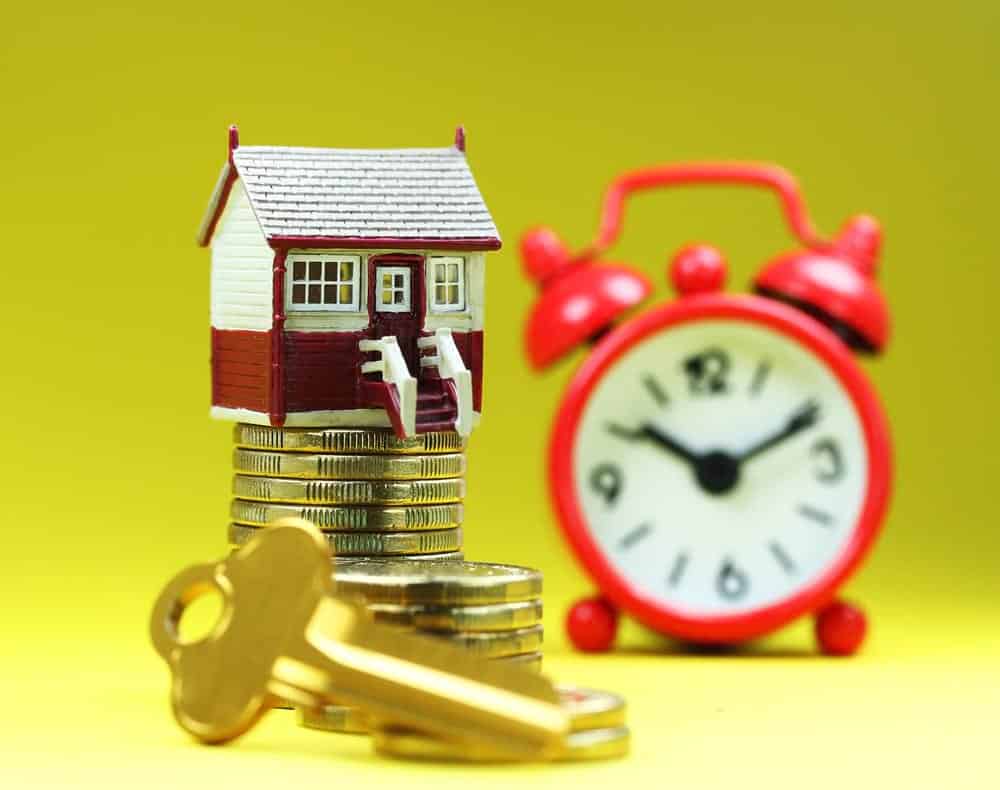
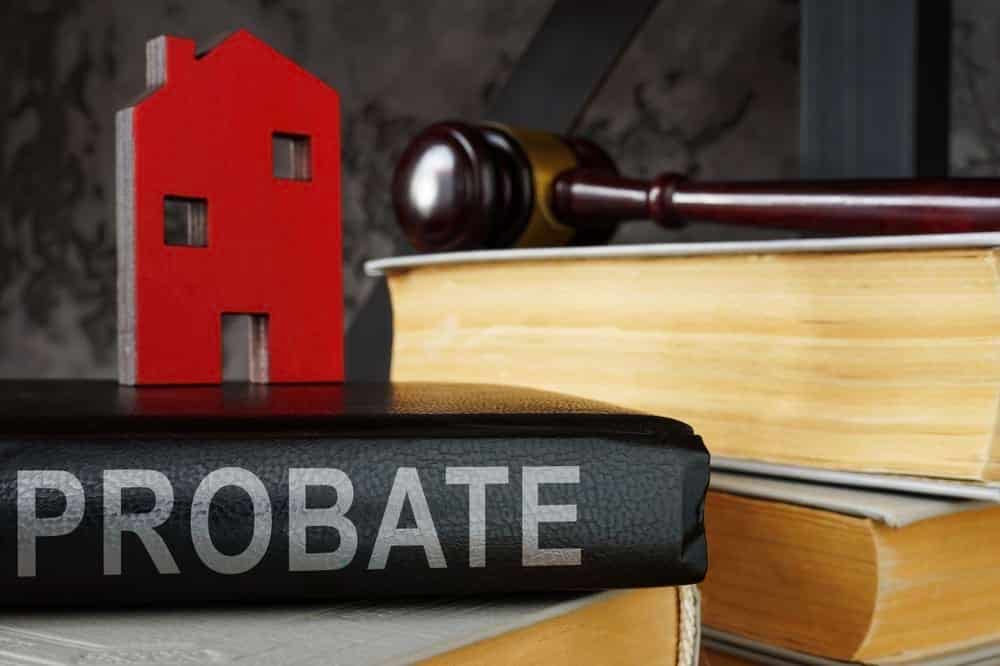

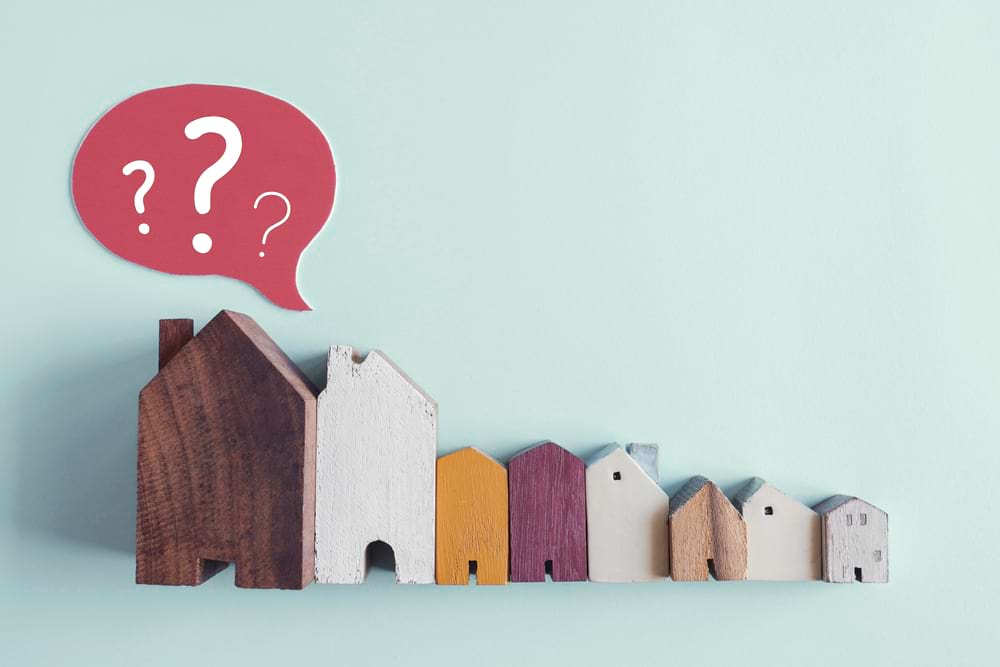
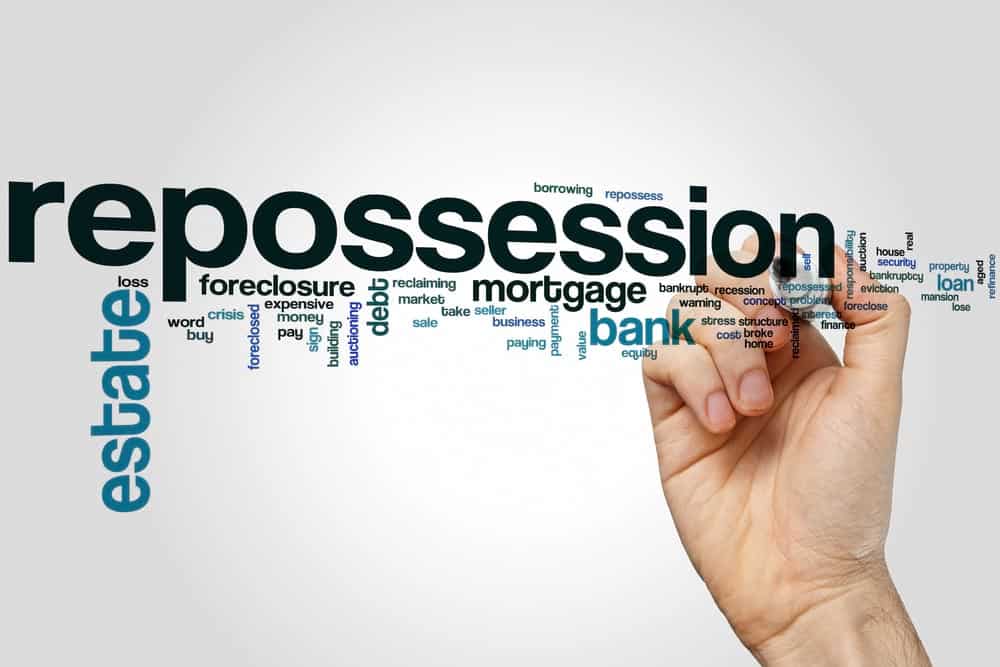
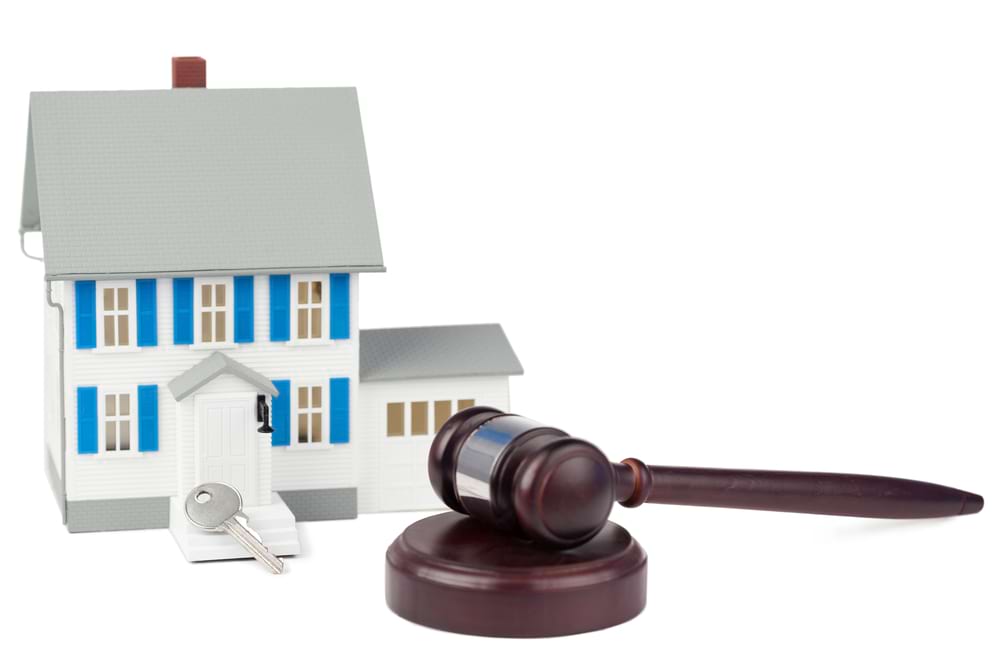

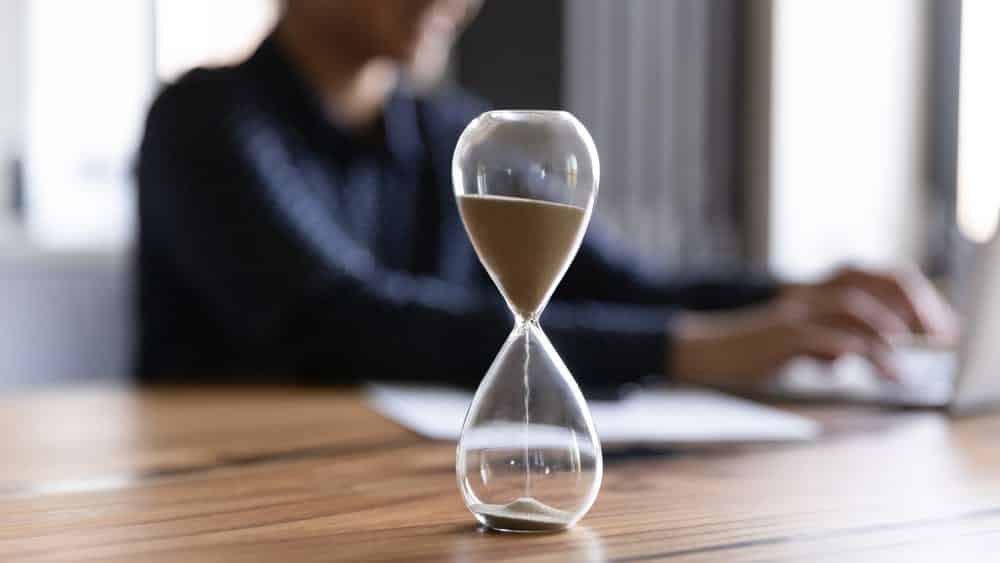
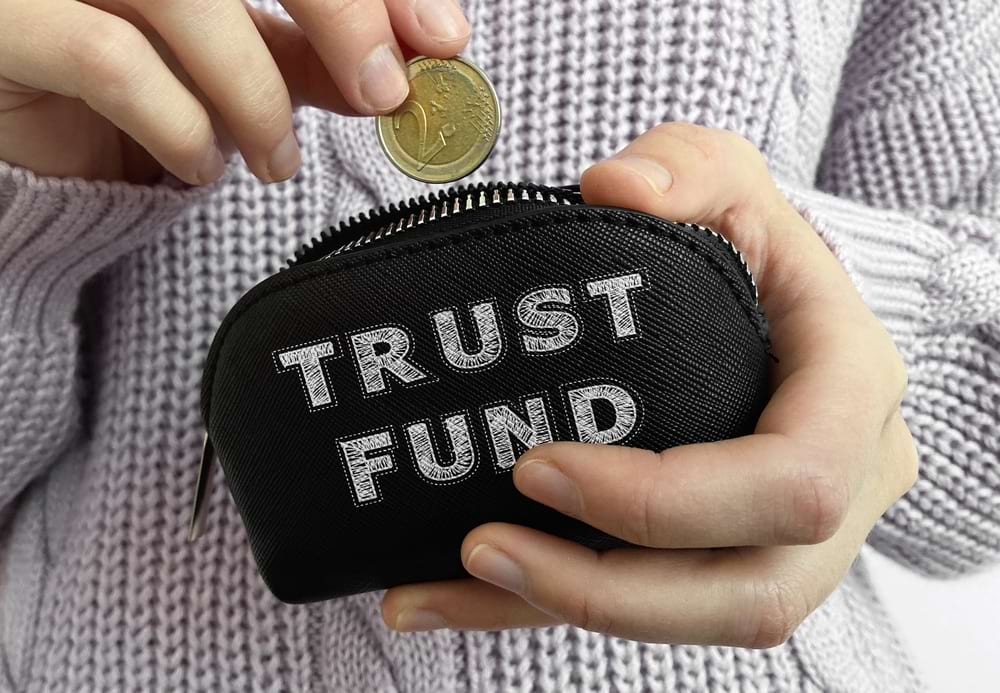
Get a free cash offer today
Enter your details below
"*" indicates required fields







